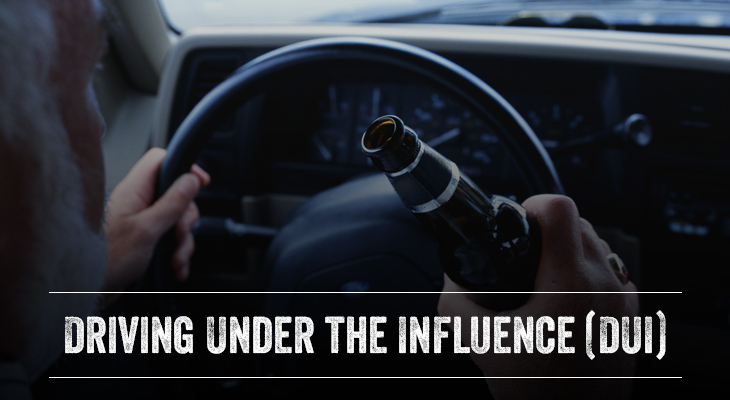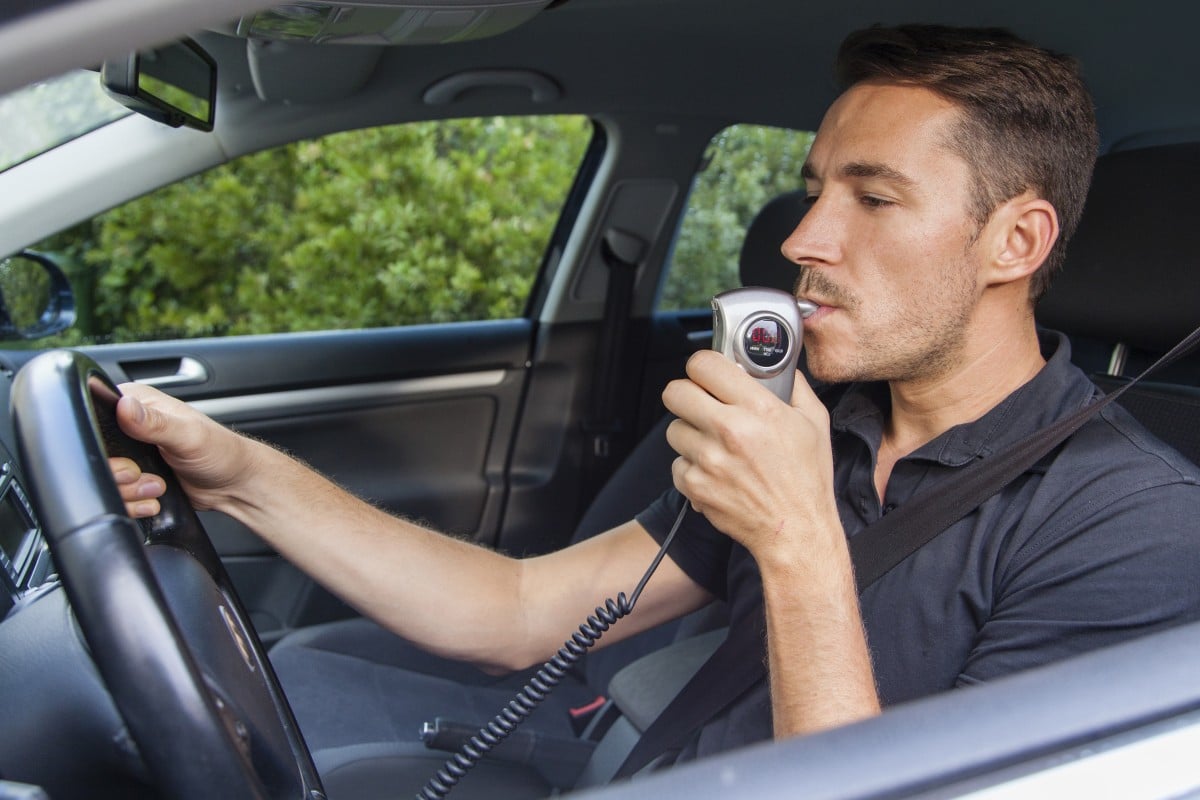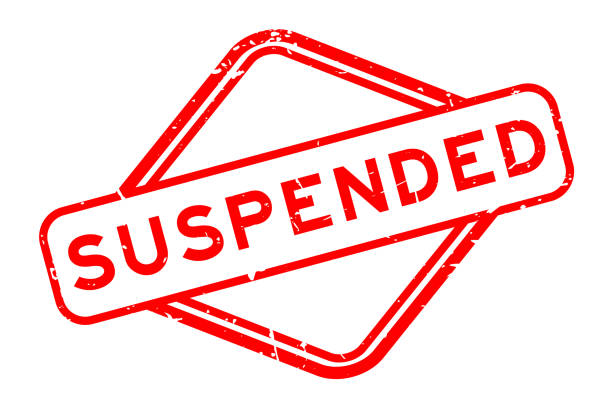If you’re wondering about the legal consequences of driving under the influence, you’re not alone—and it’s a question that often comes too late. Whether it’s alcohol, prescription meds, or recreational drugs, getting behind the wheel while impaired can trigger a cascade of legal, personal, and financial problems. And they’re not always easy to recover from.
Driving under the influence—or DUI—doesn’t just land you in court. It can cost you your license, your job, and even your freedom. This article takes you beyond the courtroom basics. We’re diving into the real-world fallout of a DUI, from arrest to aftermath, and showing you how to protect yourself from making a life-altering mistake.
What makes this guide different? We’re keeping it real. No fluff. Just practical insights, relatable stories, and the legal breakdown you need to know.

What Does “Driving Under the Influence” Actually Mean?
Let’s start with the basics: driving under the influence means operating a vehicle while impaired by alcohol, drugs, or any substance that affects your ability to drive safely. It’s a criminal offense in all 50 states, but the exact definition—and penalties—vary slightly depending on where you are.
In most places, the legal limit for blood alcohol concentration (BAC) is 0.08%. However, you can be arrested with a lower BAC if law enforcement observes signs of impairment. And it’s not just alcohol that counts. Prescription drugs, marijuana, and even sleep aids can trigger a DUI charge if they impair your driving.
DUI vs. DWI: Are They the Same?
Not exactly. While the terms are often used interchangeably, some states make a distinction:
- DUI (Driving Under the Influence) typically refers to alcohol or drugs impairing your driving ability.
- DWI (Driving While Intoxicated) might refer specifically to alcohol, though it depends on the jurisdiction.
The bottom line? Whether it’s DUI or DWI, the legal system treats both very seriously—and both can leave lasting scars on your record.
Real-Life Example: One Bad Decision, Big Consequences
Meet Kayla, a 27-year-old teacher in San Antonio. After a dinner party, she felt “buzzed” but not drunk and decided to drive the 10 minutes home. She never saw the flashing lights until it was too late. Afield sobriety test followed by a breathalyzer confirmed her BAC at 0.10%.
Kayla was arrested for driving under the influence. What she thought would be a slap on the wrist turned into a nightmare: license suspension, thousands in fines, a mandatory ignition interlock, and a disciplinary hearing with her school district.
Her story isn’t unique—and that’s what makes it so important to understand how seriousDUI charges really are.
Legal Penalties for Driving Under the Influence
So what can you expect if you’re caught driving under the influence? The consequences stack up fast, even for a first offense. Here’s how the legal system breaks it down:
First Offense
- Fines ranging from $500 to $2,000
- Jail time (often 3–180 days, depending on the state)
- License suspension for 90 days to 1 year
- Probation and mandatory alcohol education courses
- Ignition interlock devices on your vehicle in many jurisdictions

Second Offense
- Heavier fines—often over $2,000
- Longer jail time
- Mandatory rehab or treatment programs
- Increased license suspension time
- Extended use of ignition interlock devices
Third or Subsequent Offenses
- Felony classification in many states
- Prison time, potentially up to 10 years
- Permanent license revocation
- Asset forfeiture if injury or property damage occurs
These legal penalties alone are daunting—but they’re only half the story.
Beyond the Courtroom: Life Consequences of a DUI
The legal system hands out punishments, but the real damage of driving under the influence often shows up later—in your personal and professional life.
Employment Consequences
Many employers conduct background checks. A DUI on your record can:
- Disqualify you from new jobs
- Lead to job loss (especially for roles requiring a clean driving record)
- Bar you from professional licenses in teaching, healthcare, law, or transportation
Insurance Rates
One of the most painful consequences is the insurance hike. After a DUI, expect your premium to double—or worse. Some insurance companies may even cancel your policy.
Travel Restrictions
Countries like Canada restrict entry to individuals with DUI convictions. That spontaneous weekend trip or study abroad opportunity? It might be off the table.
Personal Reputation
It’s not just about what the court thinks—it’s what your family, friends, employer, and community think. A DUI arrest (even without conviction) can tarnish your reputation and relationships.

Field Sobriety and Chemical Tests: What Happens at the Scene?
Police officers rely on both observations and tests to determine if someone is driving under the influence.
Field Sobriety Tests
These include:
- Walk-and-turn
- One-leg stand
- Horizontal gaze nystagmus (eye movement test)
They’re subjective and often recorded on dash or body cam. Your performance can—and likely will—be used as evidence.
Chemical Tests
This is where science enters the courtroom. Officers may request:
- Breathalyzer tests (BAC measurement)
- Blood tests (more accurate, especially for drug detection)
- Urine tests (less common, but still used)
Refusing a test may seem like a good idea—but it often triggers automatic penalties under implied consent laws.
Implied Consent: What You Agreed to When You Got Your License
In most states, by getting a driver’s license, you’ve automatically agreed to take chemical tests if suspected of driving under the influence. That’s called implied consent.
Refusing to take a breath or blood test can result in:
- Use of your refusal as evidence in court
- Increased penalties if convicted
- Immediate license suspension

Some states even allow officers to get a warrant for a blood draw if you refuse. So, saying “no” doesn’t mean you’re off the hook.
The Cost of Driving Under the Influence
Let’s talk dollars—because the cost of a DUI adds up fast. Consider the following expenses:
- Fines and court costs: $1,000–$5,000+
- Attorney fees: $1,500–$10,000
- Ignition interlock device: $70–$150 per month
- Insurance increases: $3,000+ annually
- Alcohol education programs: $300–$1,000
Total out-of-pocket cost for a first DUI? Often $10,000 or more.
That’s not including time off work, emotional stress, and lost opportunities.
How to Avoid Driving Under the Influence
Avoiding a DUI is easier than dealing with one. Here are real strategies that work:
Use a Rideshare or Taxi
Uber, Lyft, or even an old-fashioned cab can save you thousands—and your freedom.
Appoint a Designated Driver
Every group needs one. If you’re out with friends, plan ahead and rotate who stays sober.
Stay Over
If you’re drinking at a friend’s place or party, crash on the couch. It’s not glamorous, but it’s safe—and smart.
Keep Track of Medications
Some medications don’t mix well with driving—even if prescribed. If your meds cause drowsiness or impair thinking, hand over the keys.
Educate Teens and College Students
Young drivers often underestimate the risks of driving under the influence. Make sure they understand the consequences from a legal and personal perspective.
Real Case Study: What Could Have Been Avoided
Trevor, a 20-year-old college sophomore, was pulled over after swerving late at night. He had one beer at a friend’s house but thought he was fine to drive. He wasn’t.
His BAC was 0.06%. In many states, that’s under the limit. But because Trevor was under 21, zero tolerance laws applied. He lost his license, his campus job, and nearly got expelled.
His story shows how driving under the influence affects not just your present—but your entire future.
DUI and Professional Licenses
If your career depends on state certification, a DUI can be devastating. Here’s how different professions are affected:
- Nurses and doctors: Must report convictions to licensing boards
- Commercial drivers: May lose CDL permanently
- Lawyers: Risk suspension or disbarment
- Teachers: Can face disciplinary review or non-renewal
Some boards allow license holders to keep working with probation or counseling—but honesty, prompt reporting, and legal representation are key.
Can You Get a DUI Expunged?
Expungement removes the public record of your conviction—but not everyone qualifies. It varies by state, but in general:
- First-time offenders with no aggravating factors have the best chance
- You must complete all probation, fines, and classes
- You may need to wait several years and file a petition
An expungement gives you a second chance—but it’s not guaranteed. That’s why avoiding a DUI in the first place is always the better option.

Final Takeaways: Understanding the Consequences of a Texas DUI
Driving under the influence isn’t just a mistake—it’s a moment that can alter your entire future. From legal penalties and financial burdens to the emotional fallout and long-term consequences, the effects ripple far beyond one night of bad judgment.
The good news? Every DUI is preventable. Through planning, education, and a better understanding of the risks, you can make choices that protect not just your license, but your life.
Whether you’ve already faced a DUI or you’re trying to make sure you never do, knowing the law, the consequences, and the smarter alternatives makes all the difference.
Because once you’ve felt the weight of driving under the influence, you’ll never see the road the same way again.


